|
Three Important Items On This Week’s Austin City Council Agenda
Slipping on Water Conservation! Raising Barriers to Direct Democracy! Demolishing the Historic Zilker Park Bridge over Barton Creek! The number of potentially harmful items on this Thursday’s City Council agenda is nothing short of staggering. Among 99 items, 77 are set for the “consent” agenda, to be pushed through with little or no discussion by the Council, voted as part of one sweeping council vote, on items that commit literally billions of dollars of city funds. The “consent agenda” is also where our Mayor and Council would restrict public speakers to speaking no more than a total of 2 minutes no matter how many items they wish to address. SOS is back in court this afternoon seeking to stop this practice for the coming weeks while our lawsuit under the Texas Open Meetings Act and the Austin City Charter moves forward. This week’s consent agenda includes several items being fast-tracked, with the potential to do real harm to Austin’s health and sustainability. Many can’t tell what they mean because the posting language is vague, the supporting backup information is skeletal, or the public does not had the time to research them. Here we summarize the 3 most important items: a major threat to our water supply; an attack on functional local democracy; and an $11.6 million dollar push to destroy the historic Zilker Park bridge over Barton Creek and replace it with a giant, ugly bridge. Save Our Water: Please write or sign up to speak against Agenda Items 4, 5, 6, and 7, which all concern the Austin Water Utility’s water conservation and drought contingency plans. The proposed, state-required City water conservation and drought contingency plans go backwards on our City’s commitment to matching population growth with increases in water savings and reuse so that our total water use stays flat, as it has for decades. This proposal comes in the middle of a major drought and at a time when Water Utility leaders know that our Highland Lakes water supply is dwindling and is becoming less climate resilient. Our community-driven Water Forward Task Force refused to endorse this rushed-through push to abandon essential water conservation programs. Austin Water Utility staff gave the Task Force members a whopping 2 hours to read and vote on these updates to our water management plans. The proposals remove the administrative review process and increase the gallons per capita per day goal from 119 to 123 within a five-year period, when we need to be setting and pursuing aggressive goals to reduce our water use to below 100 gallons per capita per day as soon as possible. Save Our Rights to Direct Democracy: Currently, the Austin City Charter provides reasonable thresholds for petition signatures required to place voter-initiated ballot measures before Austin voters. This is how Austin voters overwhelming approved the Save Our Springs ordinance. Our charter also sets a reasonable threshold for voter signatures to place a recall of a Council Member before the voters. Both of these signature requirements are quite high: voter initiatives are rare and recall petitions almost never occur. But, they are both critical checks on our City Council powers when there is abuse or gridlock because of undue influence of monied interests. These voter-led initiatives have been catalysts for change beyond their initial purpose, bringing in more voices to Austin's democracy. This is evident in the environmental reforms that followed the SOS ordinance in the 90s, and the renewed focus on equity and geographic fairness that followed the 10-1 Council Representation effort. The SOS ordinance would have never happened by city council action. Now a City Charter review commission, appointed by the City Council with strong direction to raise the signature requirements for citizen initiative and council recall petition to prohibitive levels, has recommend proposed city charter amendments to do just that. City Staff has now piled on with recommendations to erect other roadblocks to direct citizen participation in city governance. We need your help to send the message to “vote no” and to “leave the Charter alone.” On Thursday, the Austin City Council will decide whether to place the suggested charter amendments on the November 2024 ballot. Please urge the City Council to reject these amendments and tell them not to increase barriers to direct democracy! Save Our Historic Zilker Park Bridge: Item 69 calls on Council to vote whether or not to authorize an exorbitant $11 million budget towards demolishing the historic Zilker Park Barton Springs Road Bridge over Barton Creek. Council knows the historic bridge is in good shape and can be maintained in perpetuity for a tiny fraction of the cost. The proposed replacement bridge is a giant, ugly bridge -- with a price tag likely to double along the way. Once again the City staff prepared backup completely failed to mention that the bridge is a recognized, key element of the Zilker Park National Register Historic District. SOS opposes this unnecessary demolition, and we support increasing bike and pedestrian access to Zilker Park parallel to the Zilker Park Historic Bridge, by expanding the existing bike/ped bridge or adding a new one. This can be done for a few million dollars and a fraction of the damage to the creek and park. We understand this is a lot of bad news to take action on, and we have created a targeted email form for you to share your concerns to Council directly. Victory in the Courtroom: Protecting Lady Bird Lake and Taxpayers' Dollars We're thrilled to share the news that Honorable Judge Mangrum has ruled in our favor! As you recall, SOS argued to prevent the City of Austin from funneling $354 million in taxpayer funds into the hands of developers eyeing the south shore of Lady Bird Lake. This victory is a significant win for both Austin and for ensuring the responsible use of public funds. Read the story and related coverage in the Austin Bulldog HERE. Our fight alongside Taxpayers Against Giveaways, former State Senator Gonzalo Barrientos, former Austin City Councilmember Ora Houston, and Faye Holland has centered on protecting public parkland, preserving Lady Bird Lake, and ensuring our tax dollars are used wisely. A big thank you to our "friends of the court," Go! Austin/Vamos! Austin (GAVA), and People Organized in Defense of Earth and Her Resources (PODER), for their unwavering support throughout this process. While we celebrate this victory – there may be an appeal from the city. Stay tuned for updates on this ruling. Please consider a donation to support these important efforts to protect Lady Bird Lake, shorefront park land, and our tax dollars. Continuing the Fight: Threats to Southshore Waterfront While we celebrate this victory, our work is far from over. Lady Bird Lake faces imminent threats that require our attention and action. The City of Austin’s proposed zoning changes to the South Central Waterfront area and changes to the existing Waterfront Overlay, which currently protects the area around Lady Bird Lake, poses significant risks to the ecological health and public accessibility of this cherished natural resource. Despite its importance, “Almost all of the South Central Waterfront is paved, both riparian corridors are severely constricted, and there is very little consideration given to stormwater management. As a result, the water quality and habitats around Lady Bird Lake and Bouldin Creek suffer, and the natural beauty of the district remains largely hidden.” This is a direct quote from the South Central Waterfront Vision Framework. The Vision Framework also recognizes that the “riparian areas are vital to the overall ecological functioning of the” area, referring to these green spaces as the “the last line of defense of for [Lady Bird Lake] against pollutants.” Unfortunately, there is very little connection between the need for additional ecological protections in the Vision Framework and the harmful zoning changes proposed in the draft Combining District and Density Bonus Program. The proposed regulations bring drastic changes to the south side of Lady Bird Lake, with the potential for the tallest towers in Austin alongside Barton Springs Road. Included with the proposal are: 1. No Height Limits; 2. Up to 24:1 FAR (floor-to-area ratios); 3. Increased impervious cover (up to 85%); and 4. Modifications to the Waterfront Overlay setbacks. The proposed regulations also drastically shrink the protections in Waterfront Overlay and essentially extend Downtown Austin across the river. This is particularly dismaying since the Waterfront Overlay was established both to protect Lady Bird Lake (Colorado River) and associated parkland from overdevelopment and to ensure that it remains a publicly accessible resource for the residents of Austin. The South Shore District was intended to retain a more natural aesthetic, focusing on parks and recreational uses, so that the public could continue to enjoy the urban oasis that has defined our City for decades. Modification of the Waterfront Overlay is being taken too lightly, privatizing space that was intended to be protected, and reducing the natural buffer zones that the Waterfront Overlay was intended to protect so that the water quality and ecological systems of Lady Bird Lake would remain. We are asking the City Council to reconsider this proposal. Here are the SOS recommendations:
We urge you to write to the City Council and express your concerns about the proposed regulations. Together, let's ensure that Lady Bird Lake remains a vibrant urban oasis for Austinites for generations to come. SOS Sues Mayor and Council in Defense of Fair Public TestimonyOn Friday, April 5th, Save Our Springs Alliance held our elected officials accountable by filing a lawsuit against Austin Mayor Kirk Watson and the Austin City Council. Our legal action stems from their violation of the Texas Open Meetings Act (TOMA), which mandates that members of the public be allowed to speak to the Council on any posted council items on the agenda. Last week, we amended our lawsuit to include a claim that the Austin City Council is also violating the Austin City Charter and its own adopted procedures for allowing public input. We firmly believe that every citizen deserves the opportunity to address the council on matters that affect our community. Our allies stand with us in this fight for justice. "It's already difficult for every day, hardworking Austinites to access public hearings. When they leave their job, caretaking duties, or precious time off to participate in city government, they deserve their full time to speak." Carmen D. Llanes, Executive Director Go! Austin/Vamos! Austin (GAVA) "PODER supports the struggle for equal rights, and we believe that the SOS lawsuit against the Austin City Council’s violation of TOMA leads to the path of justice." Susana Almanza, People Organized in Defense of Earth and Her Resources (PODER) We cannot allow our elected officials to disregard the law and our voices - which are the concerns of their constituents and should be their highest priority. The actions of Mayor Watson and the City Council are not only disappointing but also a violation of our fundamental rights. As we seek immediate relief from the Travis County District Court, we urge you to join us in this crucial fight. Your voice matters, and together, we can ensure transparency and accountability in local governance. Read the full Austin Monitor article HERE and share it with friends and family who strive to protect our right to address the issues most pressing to our communities. We will not be silenced. Join us NEXT Saturday 4/27 for an incredible opportunity for a hike down the Hill of Life and a (optional) swim at Sculpture Falls with award-winning journalist and writer Ed Crowell! Crowell is the author of Barton Creek (2019) published by Texas A&M University Press, a one-of-a-kind work that takes the reader on a quest to discover the enigmatic origins of Barton Creek. Crowell’s book begins at the "end," the iconic waters of Barton Springs Pool and journeys upstream from there. Readers are along for the ride as Crowell visits landowners and discusses the political battles and public referendums that resulted in land and water protections since the 1960s. If you love Barton Springs and Barton Creek, then don’t miss this opportunity to meet one of Austin's best contemporary cultural historians! Only 12 spots available--Sign up today! Your involvement to preserve Austin's natural resources and vibrant communities is crucial. Thank you for standing with us to protect our waters, our wildlife, and our democracy!
In Gratitude, SOS Alliance Phase II of the H.O.M.E. initiative is headed back to the Austin City Council. A joint public hearing will be held on Thursday, April 11, 2024, at 9am. Online Speaker Registration is now open. Registration for remote speaking closes TODAY, Wed., April 10 th at 12pm. In-person speakers may register at an on-site kiosk at City Hall between 12pm on Wed., April 10th until Thurs., Apr. 11th, at 8:15am. The proposed amendments include reducing minimum lot sizes for single-family residents to 2,000 sf (from 5,750 sf); reducing minimum lot width to 20 ft (from 50ft); removing McMansion compatibility standards for small lots; making it easier to establish flag lots (irregularly shaped lots); and increasing zoning impervious cover to 45% for some lots. Collectively, these amendments will help developers maximize the development potential of each lot. Yet notably, the code modifications lack enhanced protections for trees and mitigation for drainage, localized flooding concerns, and creek erosion that result from increased impervious cover. They also lack equity considerations for neighborhoods vulnerable to displacement and gentrification. These code amendments are being paired with several other development regulation changes, including massive increases of entitlements along commercial corridors. Information about the April 11th public hearing, including draft ordinances, can be accessed here: https://www.austintexas.gov/department/city-council/2024/20240411-spec.htm These zoning change will result in more flooding, reduced green spaces, increased urban heat, and hastened gentrification, impacting all of Austin.
As you may be aware, Save Our Springs Alliance filed a federal lawsuit challenging TxDOT's failure to consider air quality and water quality problems associated with the highway expansion. Alongside Rethink35, PODER, Austin Justice Coalition, and several other environmental and neighborhood groups, we are trying to force consideration of a more environmentally responsible alternative that helps heal the divides the highway has created. Please join this coalition in requesting the CAMPO Policy Board to redirect the region's limited transportation dollars to smarter alternatives that will better improve mobility and safety for the region's commuters. Write a letter or attend the public hearing. Thank you for taking the time to read through these important updates and calls for your collective action. Your support and engagement are crucial in advocating for smarter alternatives and addressing the pressing issues facing our community, from transportation funding to zoning changes. If you're able, please consider supporting our efforts by making a donation. In Solidarity, SOS Alliance Last Thursday, the TCEQ Commissioners voted to limit the amount of phosphorus in the City of Liberty Hill’s wastewater discharge into the South San Gabriel River to 20 micrograms per liter. The decision came after a years long battle between residents along the South San Gabriel River and the City to stop pollution coming from the City’s wastewater treatment plant that made the river unusable and unsafe for recreation. The problems faced by the San Gabriel River threaten all of our Texas Hill Country streams. The streams have very low levels of phosphorus, somewhere around 5 to 9 micrograms per liter. And decades of scientific research on the streams has shown that harmful nuisance algae blooms and changes in the aquatic ecosystems occur when phosphorus levels reach 15 to 20 micrograms per liter. Even with this science and the law prohibiting the degradation of the streams, TCEQ has routinely issued wastewater discharge permits that allow the discharge of wastewater containing phosphorus levels as high as 150 microgram per liter, 500 micrograms per liter, and sometimes even 1000 micrograms per liter. TCEQ’s practice of permitting high levels of phosphorus pollution in wastewater discharges has led to some Hill Country streams, like the South San Gabriel River, being choked with algae blooms that harm wildlife and people. SOS is hopeful that TCEQ’s decision on the City of Liberty Hill permit will protect the river and will set an example of following the law and science to limit wastewater discharges and phosphorus pollution into our Texas Hill Country streams. However, SOS will not stop working to challenge wastewater discharge permits until polluting our streams becomes an outdated relic of the past. With your help, we can continue to push for clean water and hold polluters accountable. Please consider a donation today to support this important work! DONATE TO SOS Recently, South Austinites have witnessed the gradual degradation of Mystery Creek, a small tributary of Little Turtle Creek—a waterway that eventually merges into Williamson Creek. A critical moment for Mystery Creek is eminent, and we need your help. On Tuesday, April 9 at 6:00 PM, the City Planning Commission will review Rastegar Development's request to rezone the area through which Mystery Creek flows. Approval of this rezoning would allow the diversion of Mystery Creek into the City’s Storm Drain system, paving the way for construction right on top of its natural path—an action we strongly oppose. That surface water belongs in Little Turtle Creek, not in concrete, underground. There are two pending cases:
Your voice matters. Please sign up to speak at the hearing by Noon on Monday, April 8th. Time is of the essence, and although the notice is short, your participation is crucial in preserving our community. Below is the Planning Commission’s response form for your convenience. If you can spare a few minutes to submit the short form, let them know you want to Save Mystery Creek and deny the zoning changes until a determination on Mystery Creek has been made. Even the tiniest tributary of Williamson Creek is still precious. Nature is not the enemy. Thank you for your swift action in protecting our precious streams. Trinity Aquifer Overuse The Proposed Silver Creek/Lunaroya Development from Nashville area Southern Land Company (SLC) has requested to withdraw 37 acre feet per year from the Lower Trinity aquifer, for 29 homes and a community space. The large ask is because they want to run the entire water supply through reverse osmosis filtration, wasting an estimated 65% of what they draw out, and producing effluent so full of mineral salts that it is toxic to plants and becomes a disposal problem. The groundwater district's recent study shows the Lower Trinity is ancient water, with no recharge at all. Hays Trinity Groundwater District's draft permit, due to be discussed at a public hearing TODAY, Thursday, April 4th at 5 pm at Sunset Canyon Baptist Church, proposes to supply only 3.2 acre feet/year. We would love a strong turnout to let SLC know we are paying attention to water overuse, and to thank HTGCD for being a strong advocate for our aquifer. The TX legislature is watching the GCDs to see how far they can take their authority; public support really matters. SLC has secured a surface water backup contract with West Travis County PUA, contingent upon the Double L/Anarene neighborhood being built out. It may be years before the lines are available to get the water to them, if at all, so they are likely to contest this draft permit. We are pleased the groundwater district is taking a hard stand on this, and would like to give them a public show of support for their protection of our groundwater. If you are able to attend, are concerned about your own well, and/or are willing to speak about that, or on behalf of either the district's prudence or the viability of rainwater use instead of groundwater, please do!
We hope to see you in person at one of these upcoming events!
Thursday, April 4th, 5 pm, Public Hearing: Hays Trinity Groundwater District Draft Permit Location: Sunset Canyon Baptist Church 4000 US-290, Dripping Springs, TX 78620. Proposed supply of 3.2 acre feet/year versus the request for 37 acre feet per year. Strong turnout needed to address water overuse concerns and support HTGCD's advocacy efforts. Tuesday, April 9th, 6 pm, City Planning Commission Reviewing Mystery Creek Rezoning Request, Location: City Hall, Council Chamber. Rezoning approval would divert Mystery Creek into the storm drain system for construction. Zoning changes permanent, sign up to speak by Noon on Monday, April 8th to preserve Mystery Creek! Friday and Saturday, April 12 & 13, 7pm, Forklift Danceworks Presents The Way of Water: Onion Creek, Performance highlighting Onion Creek watershed and stewardship efforts, featuring immersive audio walk and dance on restored urban floodplain. Directed by Allison Orr and Krissie Marty. Read more and purchase tickets or sign up to volunteer at this link Sunday, April 21st, 1-6 pm, Mystery Creek & Lost Creeks Block Party Location: 300 block of Red Bird Lane. Featuring live music, solar-powered stage, food & drink, kid’s area. Special guest Jim Franklin supplying artwork for event t-shirt. Saturday, April 27th, 9am-12:30pm, SOS Eco-tour with Ed Crowell (Author of Barton Creek) Discover the hidden stories and environmental challenges of Barton Creek with longtime resident and journalist Ed Crowell as we hike the Hill of Life and swim in the refreshing flows of Sculpture Falls. SOS charters another fun-filled hike / swim adventure. Purchase Eco-tour tickets here! This month is bustling with activity, and we're truly grateful for your continued engagement and support. Thank you for being an integral part of this thriving community of activists and water lovers. Together, we achieve so much more. With heartfelt appreciation, SOS Alliance Learn more about his legacy and commitment to Barton Springs Former Save Our Springs Board Chair and Austin conservation leader Mark Tschurr concluded a wonderful life last week. Mark's obituary is posted here. It highlights how much he loved and worked to protect Barton Springs and the environment of his Austin home. A memorial service has not yet been scheduled. In the 1992 campaign to win voter approval of the citizen-initiated Save Our Springs ordinance, Mark jumped in to lead the Austin Business Leaders for the Environment (ABLE) PAC. He worked closely with other SOS champions from across the political spectrum to win a landslide vote to "save our springs" in August 1992. From then until his final days Mark challenged those around him to make community service and protecting the environment a part of their personal lives. Mark was a true friend of Barton Springs, Austin, the Hill Country, and Mother Earth. Mark lived the idea that doing the right thing was more important than taking credit for the results. And that if things didn't work out, the door stayed open to try again. Mark's advocacy and connections in the tech world helped steer several corporate expansions and relocations towards downtown and north Austin, away from our vulnerable Hill Country watersheds. As a small business owner in Austin's emerging tech world, Mark took real risks in telling the Chamber of Commerce they were wrong in arguing that protecting Barton Springs by passing the SOS ordinance was bad for our economy. He ruffled feathers in opposing corporate subsidies, insisting that businesses should pay their fair share of taxes, and speaking up in social settings on the side of protecting the environment when others remained silent.
When Mark joined the SOS Board as Chair, he opened doors and sought compromise but rejected doing deals that pitted good government against watershed protection. He championed public funding to buy critical watershed protection lands -- and challenged landowners to donate or sell at a discount conservation easements that would protect our Hill Country watersheds forever. Mark's efforts helped protect thousands of acres in the Barton Springs and Colorado River watersheds. He also played a key role in securing permanent protection of land at Jacob's Well, part of which is now Hays County's Jacob's Well Preserve. Mark lived his life dedicated to his wife Betsy, daughter Helen, son Henry, and to the Austin community. He was close friends with SOS Executive Director Bill Bunch, SOS founding board chair Helen Ballew, ABLE co-founders Deborah Morin and John Mackey, and many other SOS supporters. Austin and SOS were blessed by Mark's wisdom and love for our fair city and for Barton Springs. We thank you Mark and will continue to be inspired and guided by your leadership. Our sympathies go out to Betsy, Helen, Henry and the Tschurr family. SOS Alliance Photos: Mark and Betsy Tschurr taking the Polar Bear plunge at Barton Springs on New Year's Day, 2023. 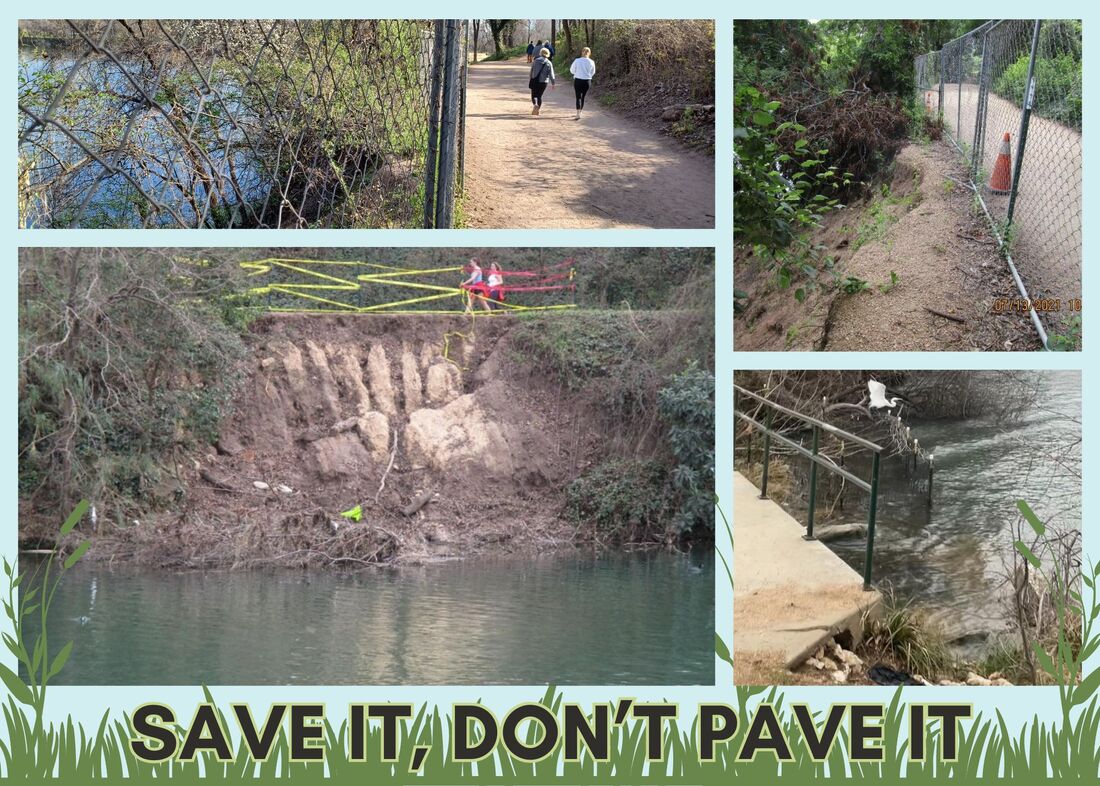 Join us in urging the City Council to reject irresponsible code amendments, conduct a full audit of the Trail Conservancy's dealings, and prioritize the restoration of our trails and Critical Water Quality Zones. Austinites love our Lady Bird Lake and the Butler Trail encircling the lake. Everyday thousands of people -- mostly walkers and joggers-- enjoy the tree lined, lakeside trail. It's an escape to nature and community, in the heart of the City we love. Imagine converting the Butler Trail into a much larger trail, with more pavement, less shade, designed for high speed ebike and scooter traffic, and servicing expanded commercial concessions along the trail. This new "trail," or lakeside transportation project along with commercial ventures on the shoreline , would require cutting down lots more trees and destroying native vegetation, which would also dramatically increase erosion along the banks. Our City Council is poised to approve this coming Thursday, March 7th, revisions to code provisions that would permit expansion of hard surface trails (greater than 12 feet) within the Critical Water Quality Zone and eliminate requirements for restoration of these areas caused by these expansions. We are shocked and disappointed that The Trail Conservancy would be pushing hard to eliminate water quality protections and City Council oversight of their actions. This is our public park land. Most trail users want more shade trees, not fewer; a more natural trail corridor, not more pavement and commerce, and a walk, run, jog or recreational bike ride on the lake shore with less heat, noise, erosion, and pollution. In short, The Trail Conservancy is trying to obtain a “carte blanche” from the City to do whatever they want with our Trail. Oversight from PARD is inadequate and the pressure on Watershed Protection staff is alarming. Our City's Climate Equity Plan as well as our citywide Parks Plan calls for more nature -- rewilding -- of our parks and public lands. We need our Parks Department planting more trees, not cutting them down, removing pavement that's not needed, and cleaning up Lady Bird Lake for more recreational enjoyment and escape from the worsening urban heat island. We've seen the giant erosion slumps on the Butler Trail, above Barton Creek, that have sat exposed for 6 years or more. The Parks Department and The Trail Conservancy only point fingers at each other for having done nothing to shore up these erosion zones. They will still be pointing at each other when the next flash flood downpour causes much large chunks of the trail to slide into the lake. Please join in telling the City Council to oppose these harmful amendments, to launch a full audit of the Trail Conservancy's relationship with the City, and to prioritize stewardship and restoration along the trail.
Watch for more details early next week and mark your calendars for more fun at City Hall on Thursday, March 7th. Many Thanks, SOS Alliance Direct democracy in Austin is under threat, and we need your help to protect it! The City of Austin Charter Commission, appointed by the City Council, is pushing forward on a proposal to raise signature requirements on voter-initiated ordinances and council recalls. If this move goes forward, and voters approve it in November, it would essentially end our already limited rights of direct democracy in Austin. The voter-initiated ordinance process has been crucial in shaping our city's policies, from dismantling racist agreements to securing passage of the Save Our Springs ordinance in 1992. No city council would ever pass such an ordinance -- because of the undue influence of developer money on City Hall. It currently takes 20,000 signatures of qualified voters to place a measure on the ballot. This is not an easy task. There have been few citizen initiated ordinances to earn a place on the ballot -- and fewer still that have won voter approval. Don't buy the lie that "its too easy" to secure 20,000 valid voter signatures; its not. The Charter Commission is also considering a recommendation to raise the signature requirements on petitions to recall city council members. Our charter currently requires 10% of qualified voters in a given council district. This is also no easy task. Consider there has been no successful recall petition in Austin in recent memory. Council Members seeking to evade accountability are pushing for these changes. Although rare, a meaningful right to petition for a recall is an important right that should not be rendered meaningless by raising the signature requirement from its current, high bar. These proposals lack practical merit and undermine the democratic process. Key reforms like the Save Our Springs Initiative and the adoption of the 10-1 Geographic Representation began as grassroots efforts, leading to transformative impacts on city policies. It's a blatant attempt by those in power--and their monied backers-- to eliminate the small bit of sharing power with the people that our current charter provides. Together, we can ensure that the voices of Austin residents are heard and respected. Please, click below to email the City of Austin Charter Commission and urge them to vote against the proposed increase in signature requirements and to preserve Austin's direct democracy. If you're able to make a donation to SOS, you'll support our ongoing efforts to defend water quality and uphold our shared democracy in Austin. Thank you for being an integral part of our community and for demonstrating your support when it truly matters. Let's remain united in our efforts to fight for what's right, together!
SOS Alliance With a year-round temperature of ~70º, is there ever a wrong time to swim in Barton Springs? After putting together the pros and cons for each season, we want to know what you think! Summer Soak-fest Is there anything more Austin than a 100º+ day at Barton Springs? The banks are full of swimmers soaking up the sun, blankets of people reading books in the shade, less-clothed visitors practicing yoga at the top of the hill, the sounds of a djembe drum or two. All summer long, there’s a shrill in the air as people jump into the water and experience the cold shock. Pros:
Fall Frolic Ah fall, Austin’s other summer. Sometimes it’s hard to know if fall is even real, but there are some notable changes at Barton Springs that make it a contender for some patrons. Pros:
Winter Waters Some people like ice baths, and some people like Barton Springs. In the winter months, the Soul of Austin transforms into a steamy “hot spring” relative to the chilly temperatures. Pros:
Spring Springs With birdsong filling the air and as we are antsy to break free from the winter chill, we eagerly await the sunny days. When it finally arrives, the allure of Barton Springs is irresistible. Pros:
The Bottom Line No matter when you visit Barton Springs, you’re guaranteed an adventure. Getting to enjoy this serene natural treasure in the heart of Austin, Texas is a gift any time of the year. We want to know, when is your favorite time to dip? SOS Alliance
TxDOT is planning to widen US Highway 290 from Oak Hill through Dripping Springs from its current undivided four lane format to a divided six-lane with adjacent two-lane frontage roads. To do this, TxDOT will have to widen the right of way from ~180' to ~320', forcing the destruction of 13 residences, 82 commercial businesses and one church. The current safety standards TxDOT refers to suggest a minimum right of way of 400'; in order to cinch in to minimize the amount of eminent domain claims, TxDOT will be utilizing concrete barriers as a safety measure as a result of the limited space. Downtown Dripping Springs, from Roger Hanks Parkway to Rob Shelton Blvd will be a six-lane divided highway with a concrete barricade. While we agree that vehicular and pedestrian safety should be a priority, we are not confident that this expansion proposal will solve these problems. To end a six-lane highway with frontage roads into the series of traditional four-way stop lights in downtown Dripping will not improve any traffic congestion, while adding a significant amount of impervious cover, increasing the risk of damage from floods. As stated in the feasibility draft provided by TxDOT, this breakout section would not increase the level of service rating applied to this part of the highway. Per the report: most of US 290 in Dripping Springs is forecasted to operate at a Level of Service (LOS, rated A through F) of E or worse for either the improved or no-build conditions. This proposal will also impact the migration of wildlife throughout the area, increase light and sound pollution, and impact access to the businesses that will remain along the corridor. Limited access entrance roads enter the highway in 2 mile increments, meaning local drivers will spend more time on the road, navigating turnarounds of up to 2 miles that used to be accessible via left turn lanes. More time on the road translates into more exhaust and heat pollution, and more TRAFFIC, negating any slight time improvements due to removing a few of the traffic lights. With the proposed widening, and concrete barriers, local wildlife movement will be impacted. Lack of wildlife crossings presents both a safety hazard and an impediment to the necessary movement of species. Deer/car crashes could be better addressed through adequate crossings. The feasibility draft mentions congestion at the intersection of 12 and 290, yet plans leave the intersection foundationally identical. The only changes proposed to this intersection seem to be dedicated right turn lanes on 290, and removing one of the two left turn lanes onto westbound 290 from northbound 12 (south of the intersection). The intersection of RM 12 and Mercer street isn’t included in the schematic, and may not undergo improvement. The City of Dripping Springs traffic study from 2021 mentions significant congestion at this intersection in the introduction. It is difficult to anticipate any improvements to congestion if the proposal is to provide more lanes to these intersections without improving the intersections themselves. The environmental constraint map presented at the public meeting was meant to show seeps and springs; it marked wells in the downtown Dripping Springs area, but neglected to identify the namesake springs of the town. These should be highlighted and featured, with public access walking trails.
Our belief is that water quality could be better addressed by using bioswales within medians to clean runoff closer to the source, utilizing taller, more deeply rooted plants which aid in both clarification and infiltration. Instead, presumably closely-mown water quality ponds are placed right along the banks of creeks, even encroaching into creek channels. During 100 year flood events, these would be inundated, negating any filtration, and allowing untreated water to infiltrate and contaminate the aquifer. Likewise, breaking up the east and west-bound lanes with interior bioswale medians reduces the chance of hydroplaning from excess runoff, creating safer driving conditions. It is curious that no alternatives to traditional four-way intersections are a part of this proposal. If this TXDOT proposal included options for roundabouts, diverging diamond interchanges, or otherwise addressed the congestion at intersections along this route, it may be possible to mitigate widening the right of way and the costs associated with that, while accomplishing improved mobility and safety for all. If, in order to maintain the highest measure of safety, it becomes necessary to further lower the speed limit along the corridor to 45mph, this may also encourage drivers to find alternative routes to and around Dripping Springs such as Fitzhugh Road or FM 1826, both of which are scheduled for improvements per their respective jurisdictions. Improving alternate routes for travelers should be a concomitant suggestion to improve traffic and safety. An important further consideration is the new 2500 student high school planned for Dripping Springs off Darden Hill Road; once constructed, this facility will greatly relieve congestion at 290 and 12, as students east of there will no longer be traveling through at busy times. It’s an interesting exercise to contemplate which takes longer, and comes at a greater cost in terms of money, environmental destruction, and lost time: a new school, or years of highway delay due to environmental and funding requirements and roadway construction? While this part of the Hill Country is experiencing unprecedented growth, it's disappointing, if not offensive, to be presented with a project that maintains the status quo for a highway layout that will continue to need improvements for as long as the infrastructure exists, while destroying the livelihood of almost 100 business owners and the homes of over a dozen more, and offering no relief from the problems mentioned by the community. To spend a quarter of a billion dollars on a project that will destroy the character and feeling of Dripping Springs while not solving the problems it set out to is an insult to everyone here. Thank you for the opportunity to review plans and submit comments. Public participation is a valuable ingredient to any public infrastructure. For those utilizing this to create their own comments, here are further references for consideration: What is Vision Zero? | Vision Zero Network Urban Street Design Guide | National Association of City Transportation Officials (nacto.org) Downtown Thoroughfare | National Association of City Transportation Officials (nacto.org) w15376.pdf (nber.org) Your participation is crucial to preserving the Hill Country and Proposing REAL solutions for our community's transit challenges. Hands Off Our Highways! SOS Alliance Today is one worth celebrating as we take a step forward in protecting our invaluable watershed. The Austin City Council voted on the acquisition of a 490-acre conservation easement on Onion Creek near Driftwood, a move that aligns with our ongoing efforts to protect the areas most vulnerable to urban runoff and development. The Onion Creek watershed is the largest source of recharge waters that feed Barton Springs. As Onion Creek flows across the fractured, cave-forming Edwards limestone, its waters plunge into the Barton Springs segment of the Edwards Aquifer. Once inside the Edwards, those waters flow rapidly to the north through open channels in the rock before emerging at Barton Springs. Along the way, Kyle, Buda, and other smaller water providers pump this beautiful, clear Edwards water for their municipal water supplies.
Hays County is contributing $1 million towards the easement, and we thank the Hays County Commissioners Court for joining in with the City of Austin to protect as much of the Barton Springs Edwards Aquifer watershed as we can. Let's take a moment to acknowledge the momentum this brings towards our bigger goals. Last November, voters overwhelmingly approved a $400 million bond for parks and conservation lands. Now, we need the City Council to follow suit and ask voters to approve $800 million this year for comprehensive land, water, and climate protection, as outlined in Austin's Climate Equity Plan. This is a landmark decision in the RIGHT direction. Send emails, make calls, and thank Council for protecting this 490 acres and urge them to move now to place more funds on the ballot for permanent protection of open spaces all around Austin. In gratitude, SOS Alliance |
Archives
July 2024
Categories |
Save Our Springs Alliance |
Quick Links |
SOS is a 501 c3 non profit and your donation is tax deductible



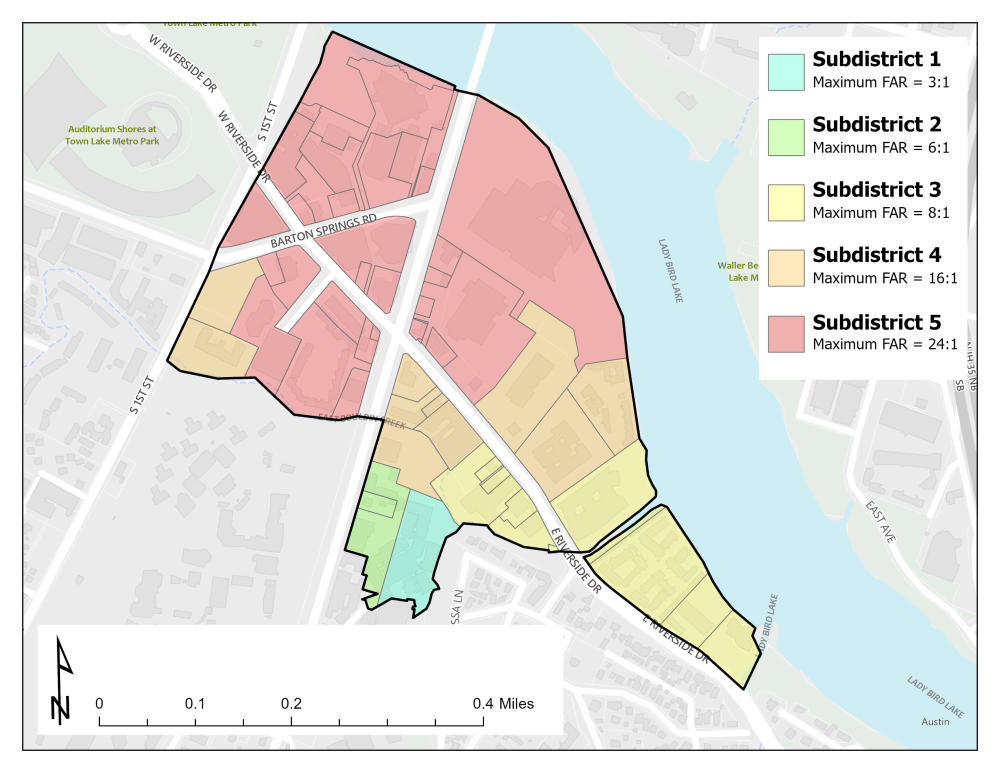
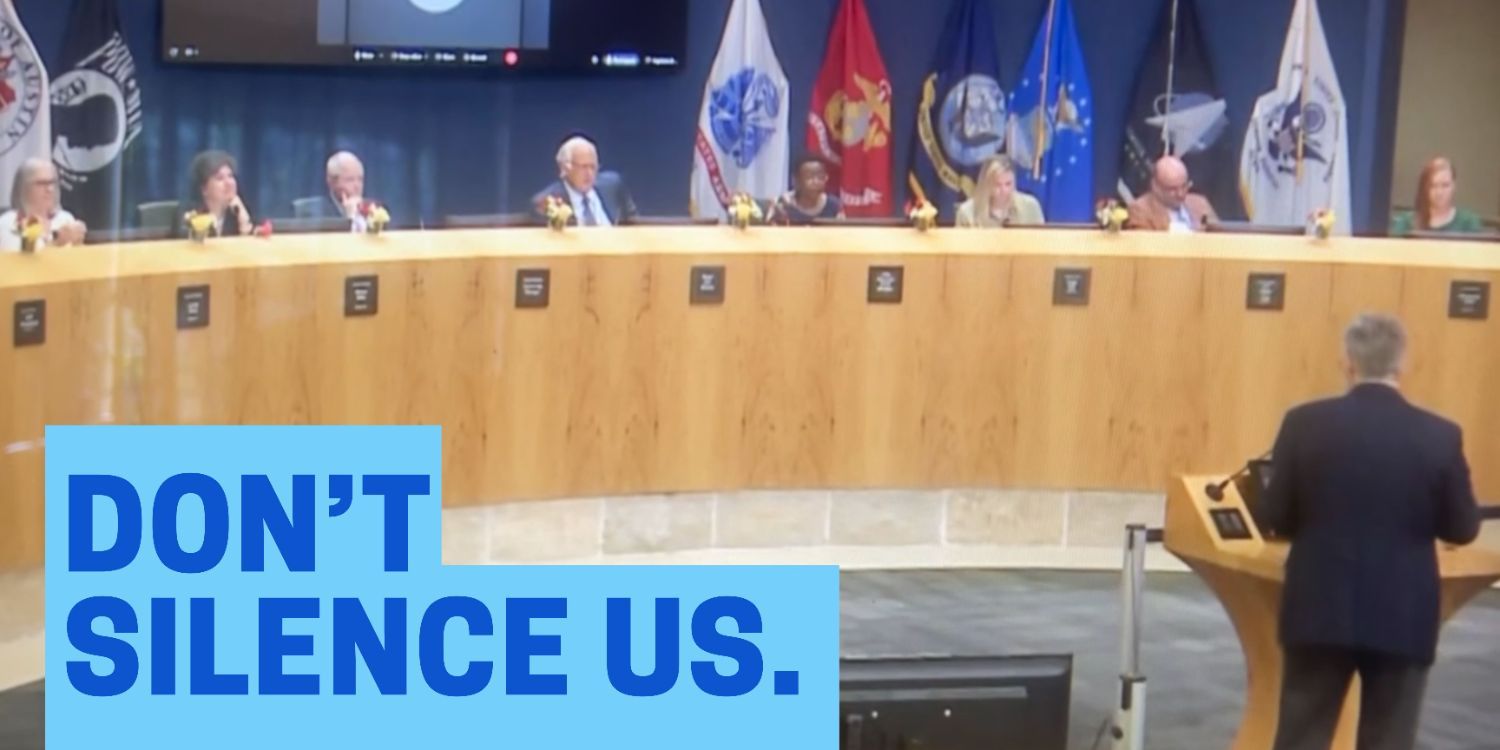
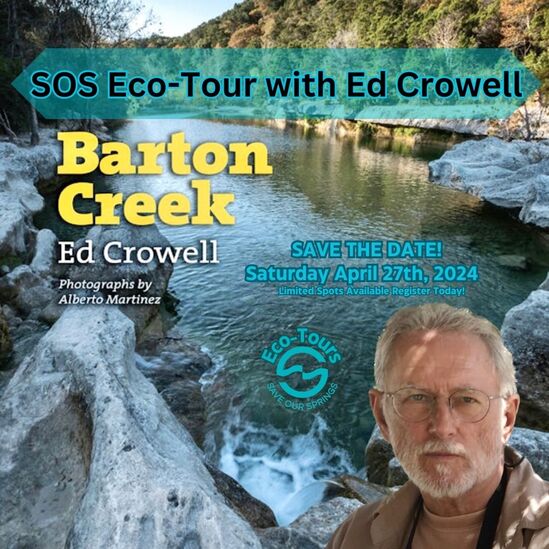


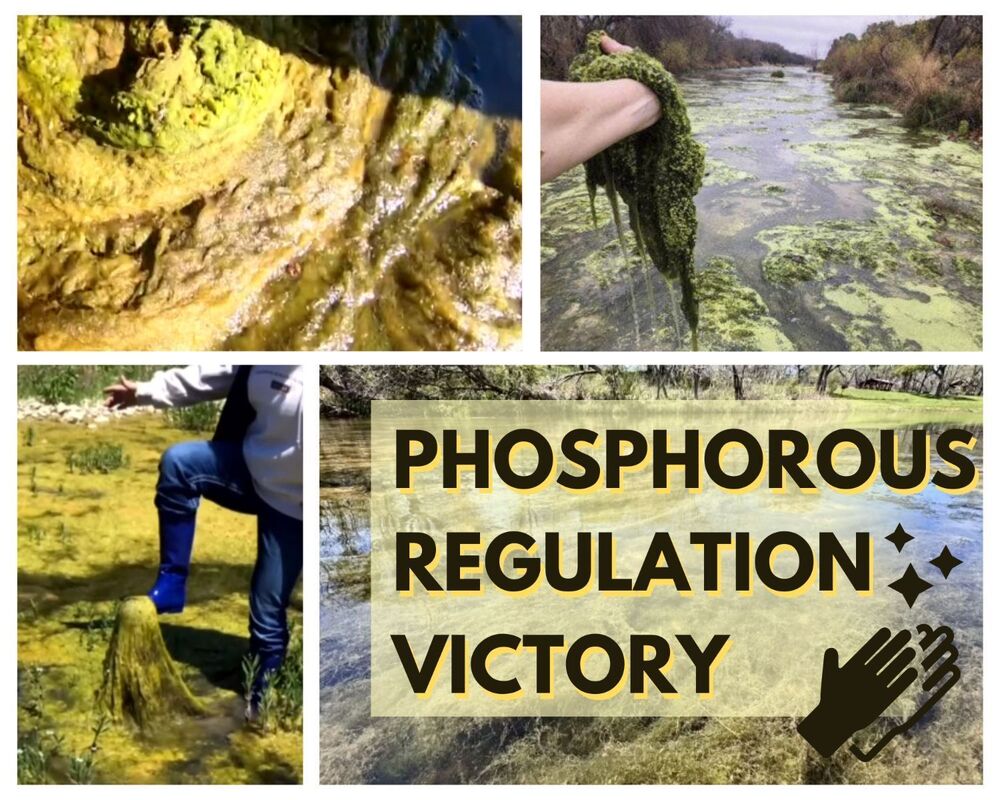
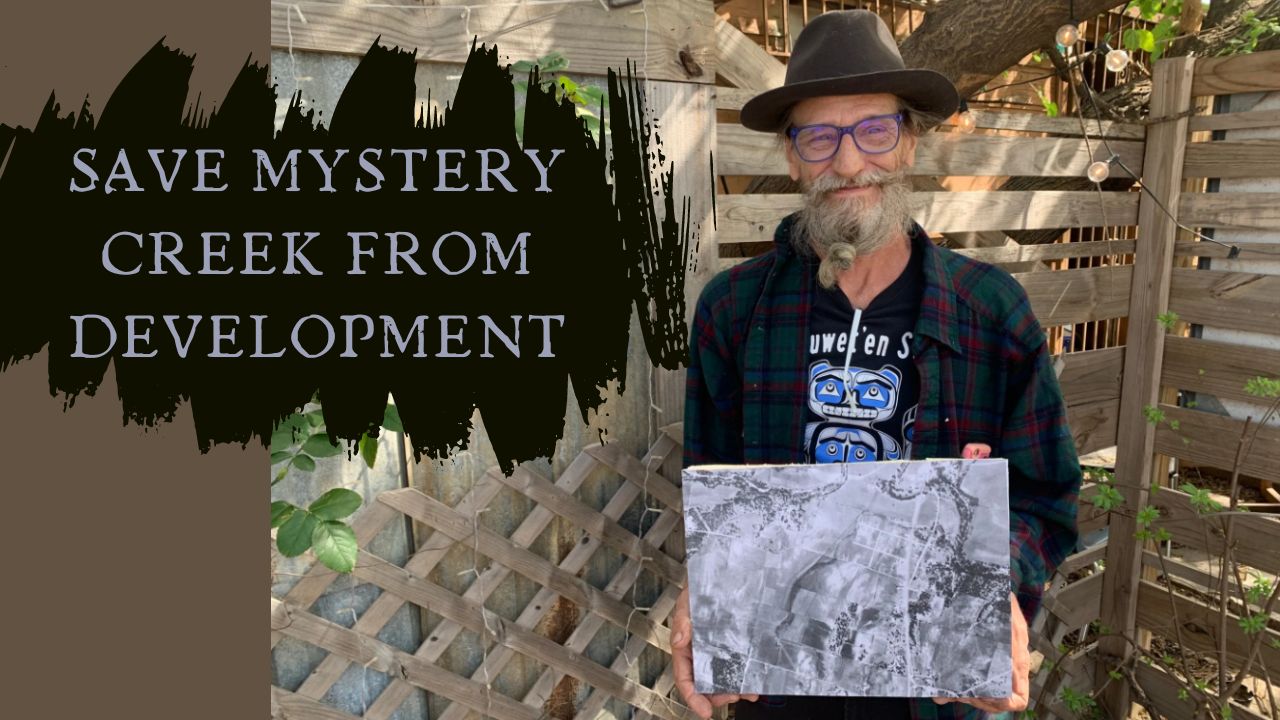

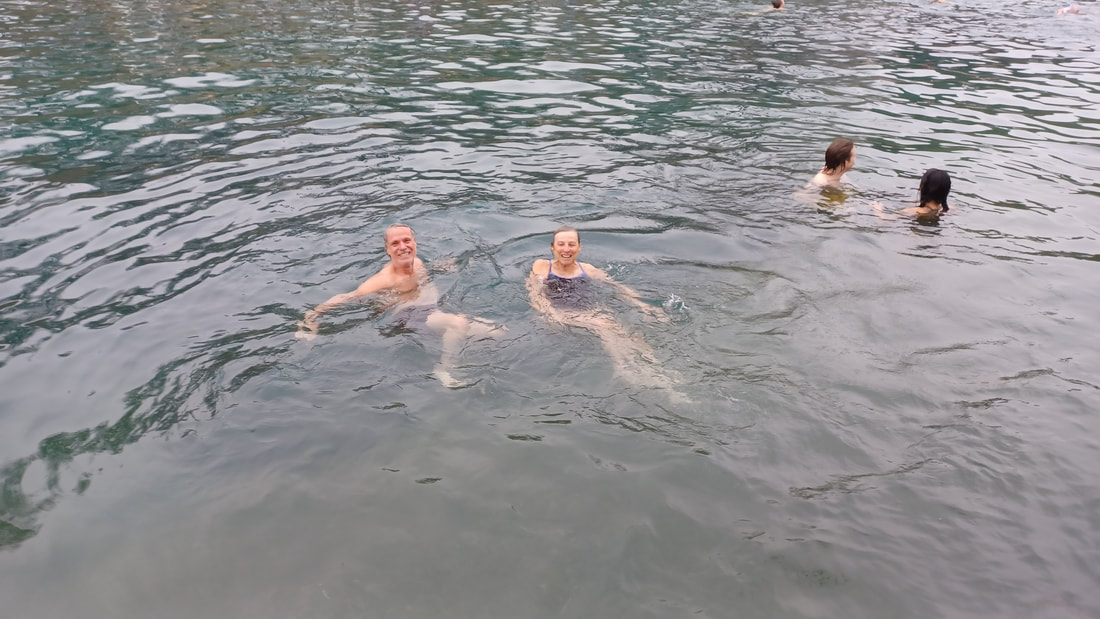
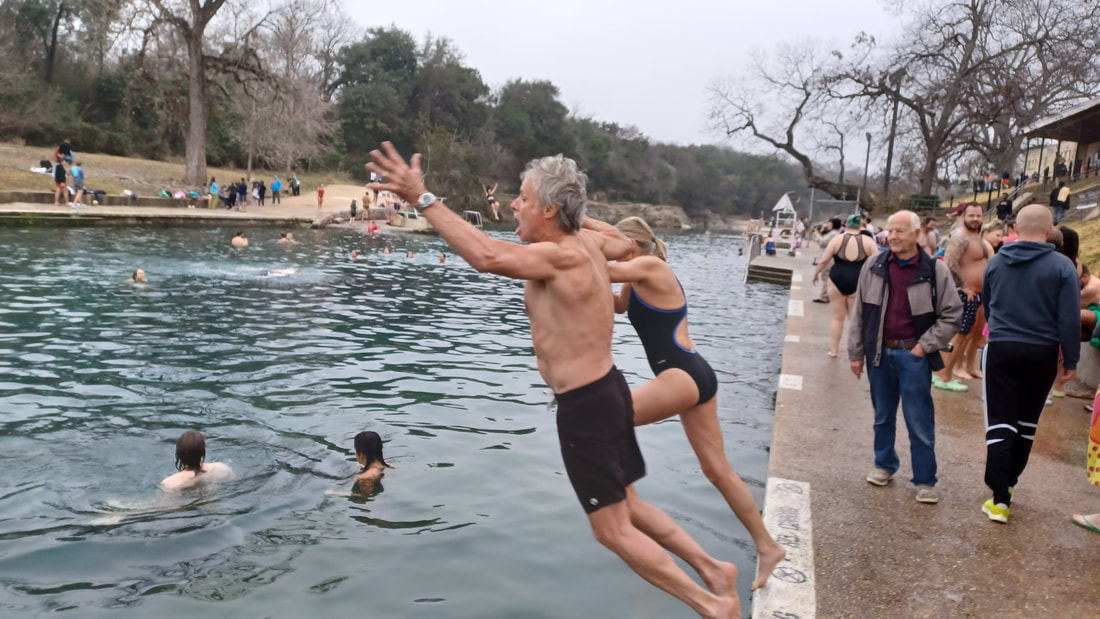
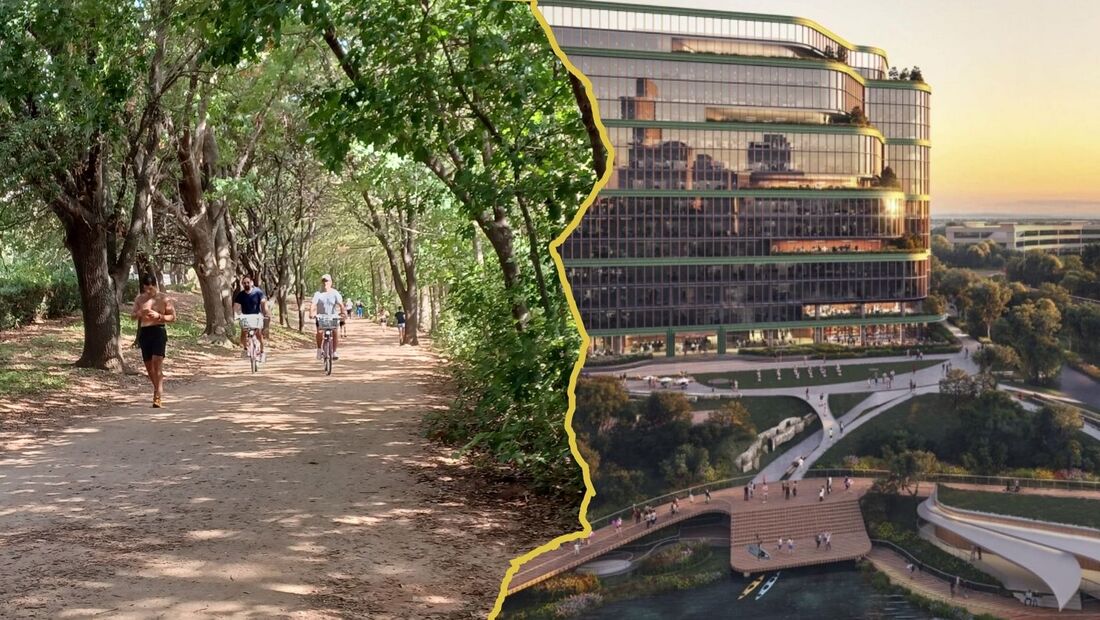
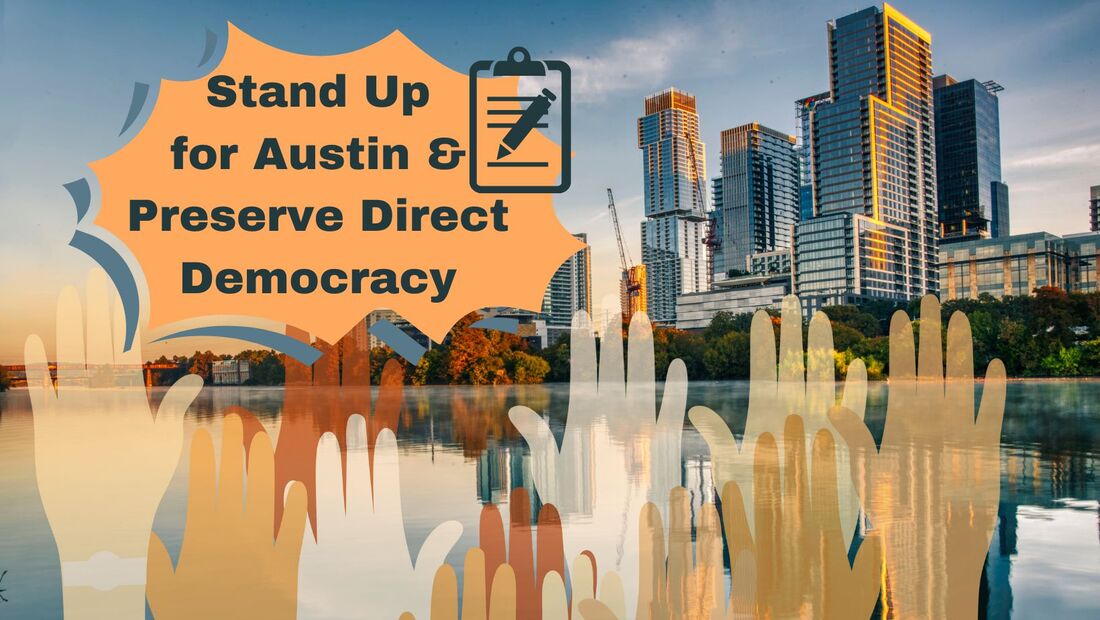

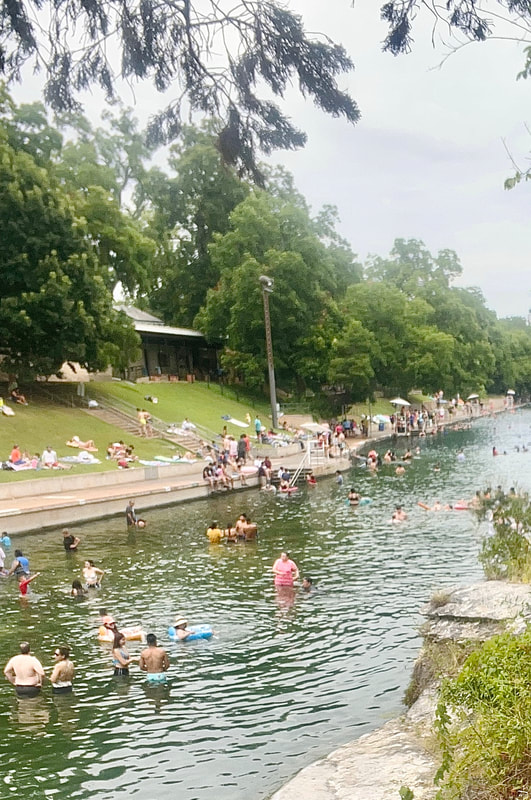
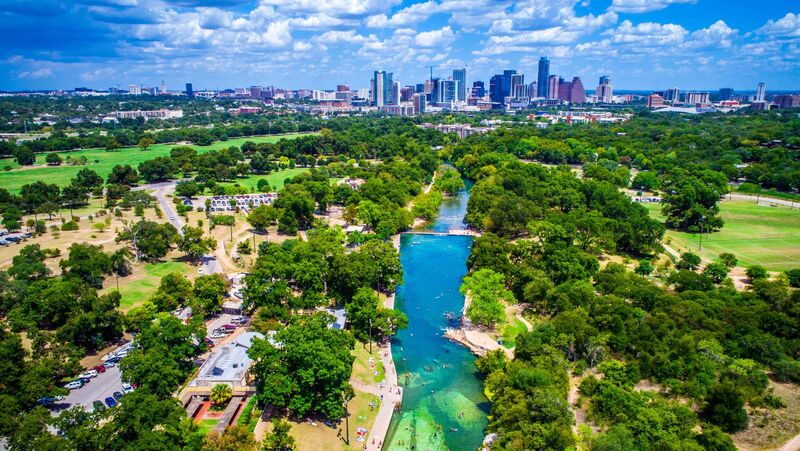
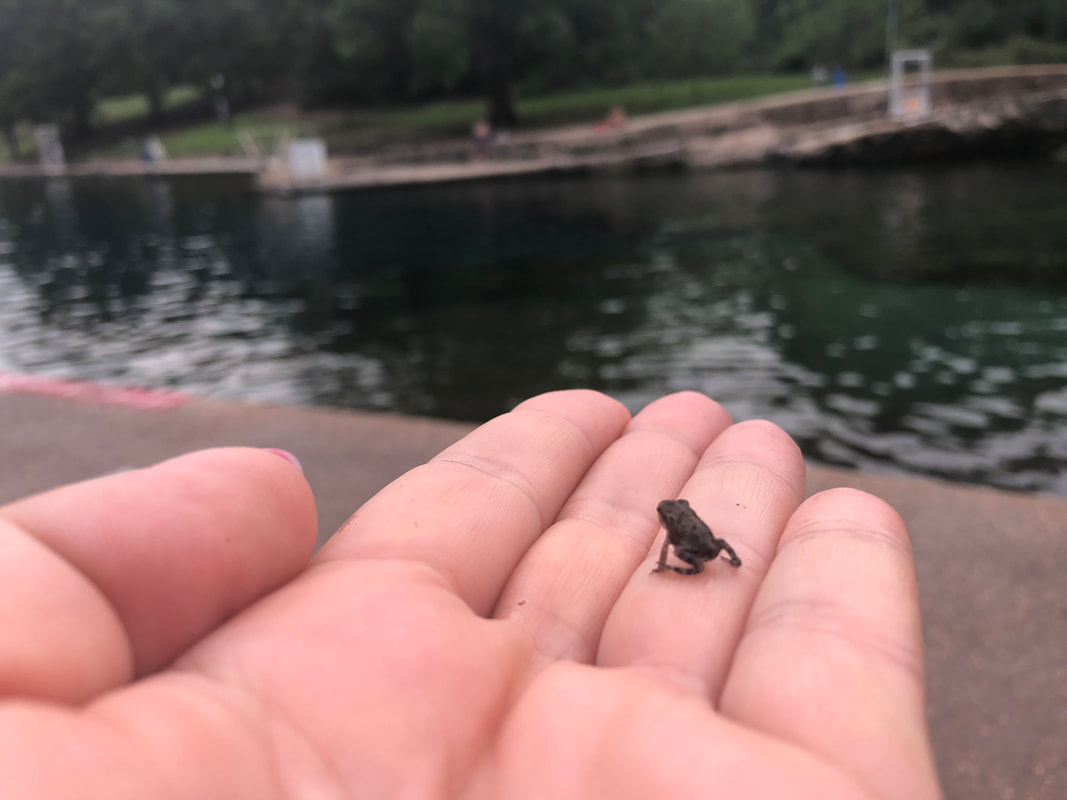
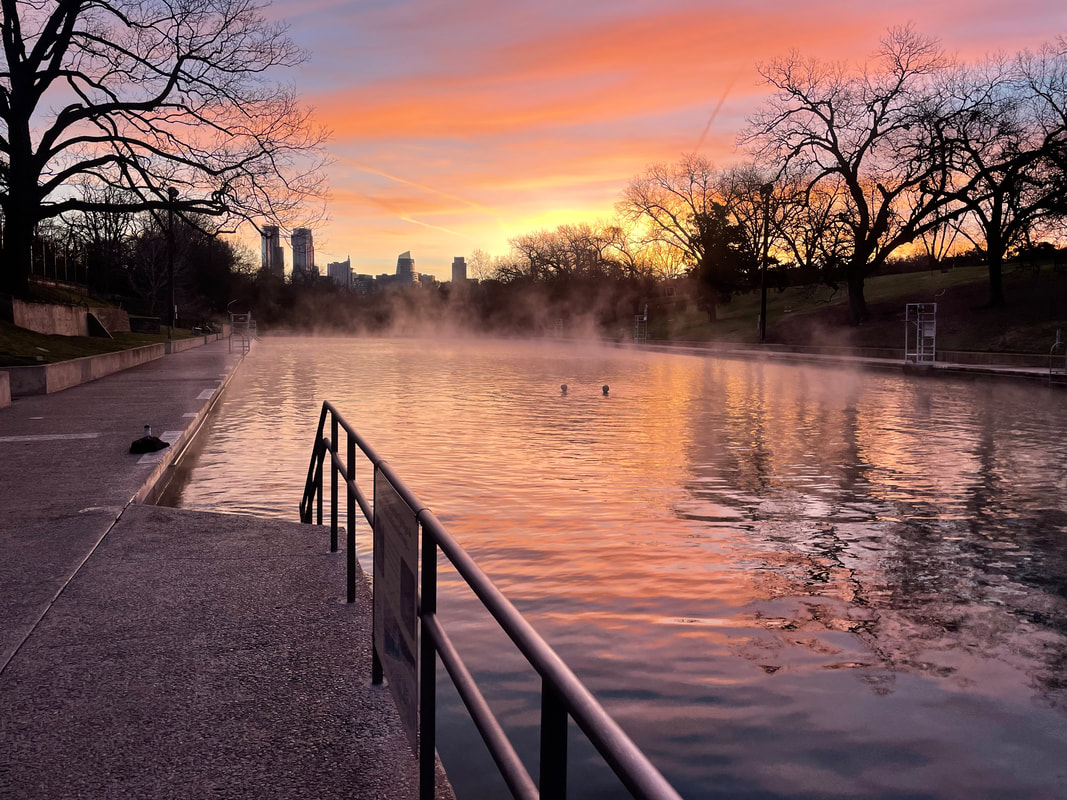
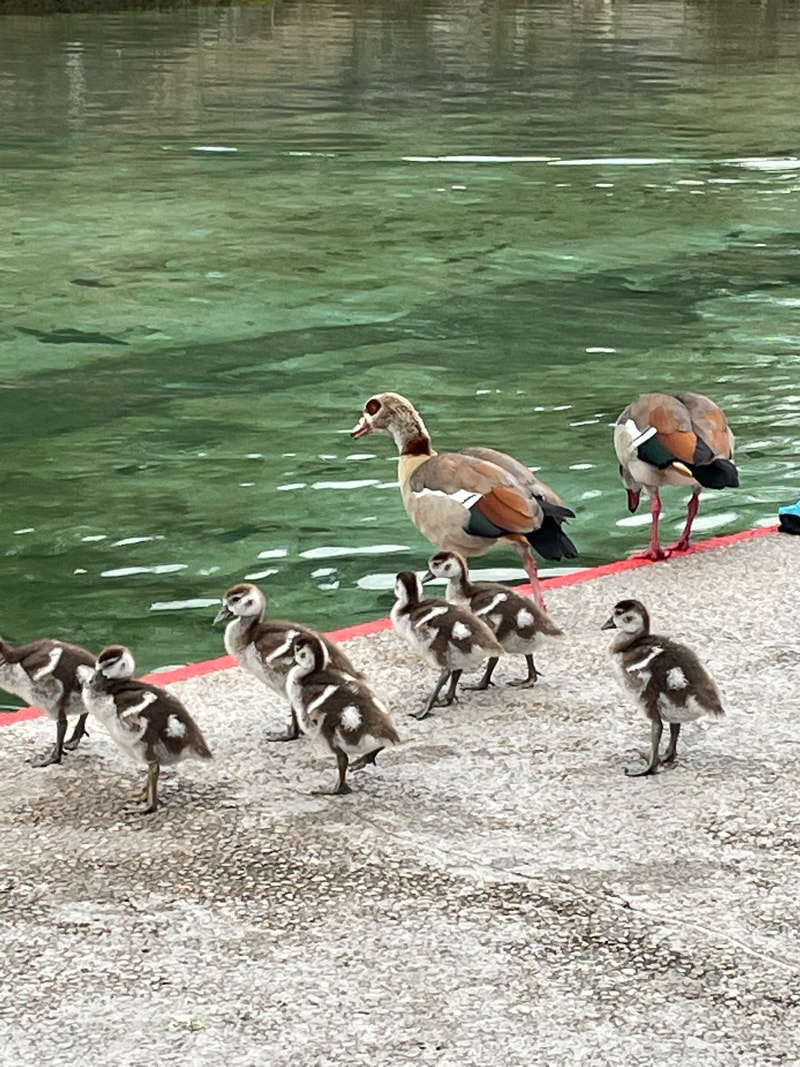
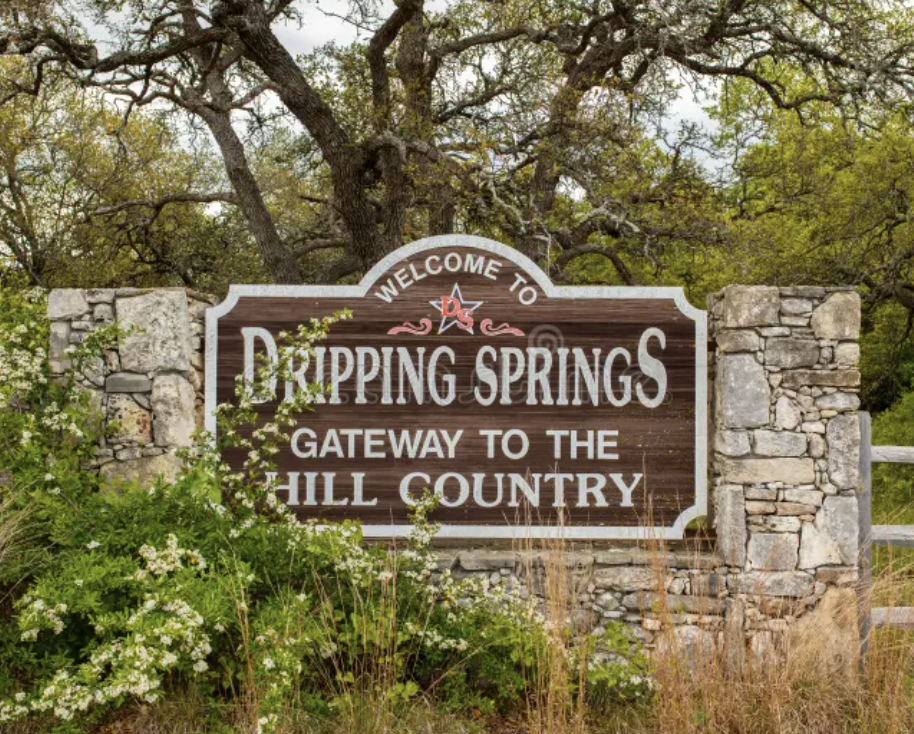

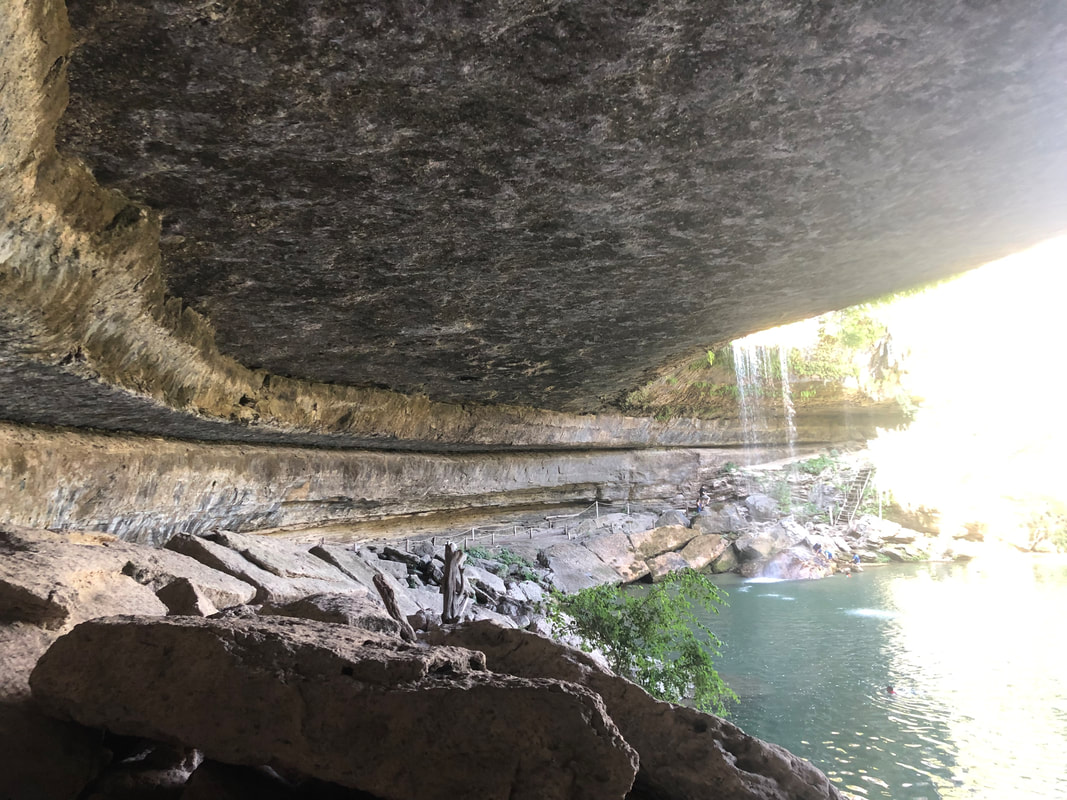
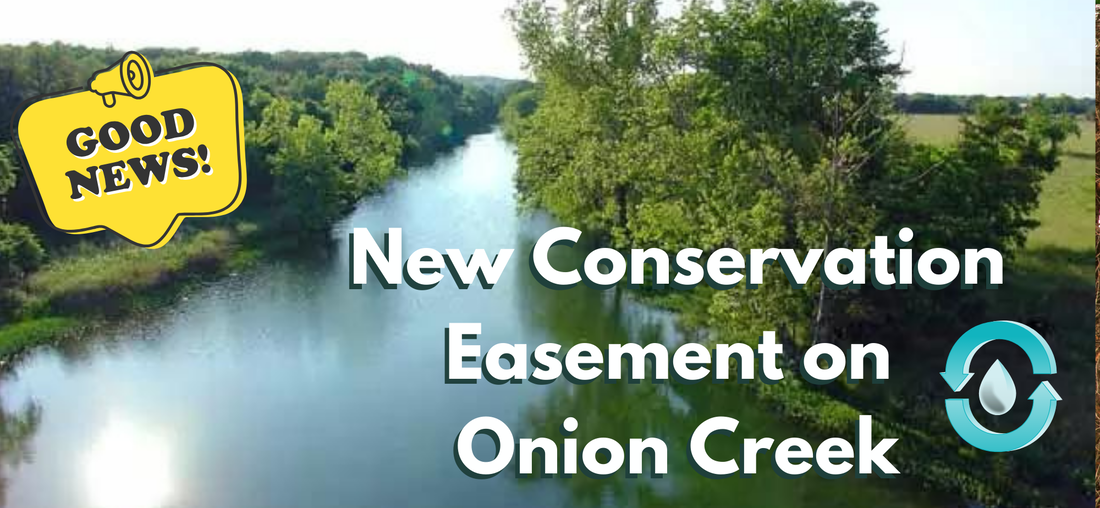
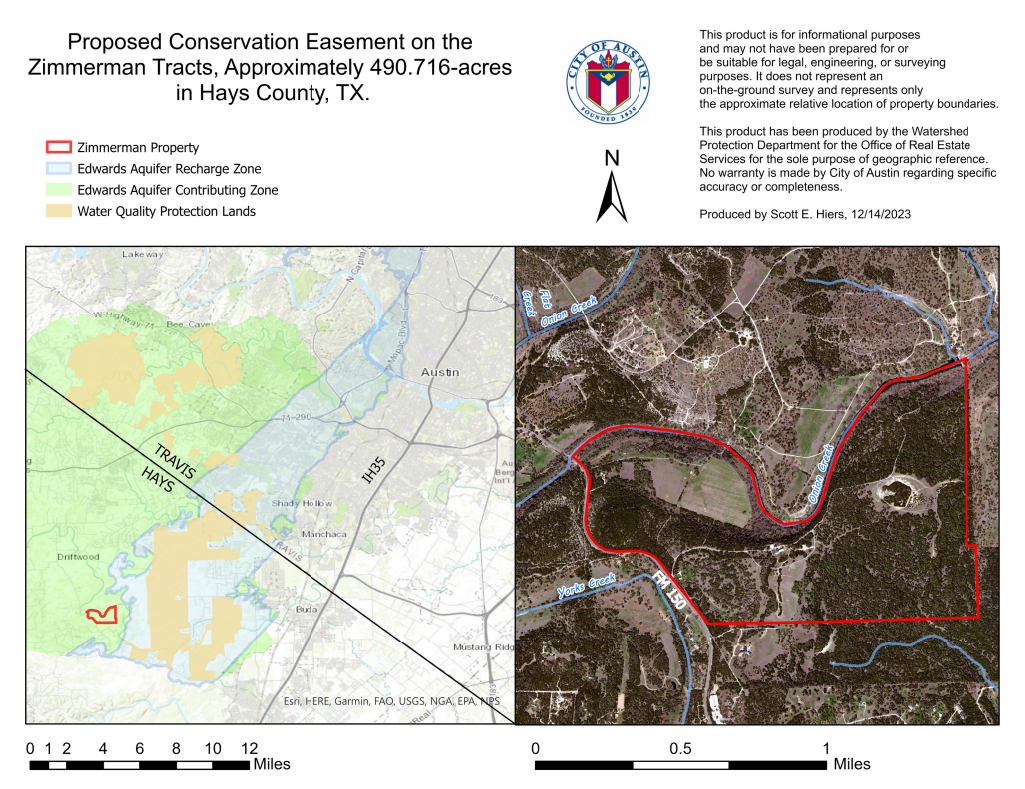
 RSS Feed
RSS Feed
